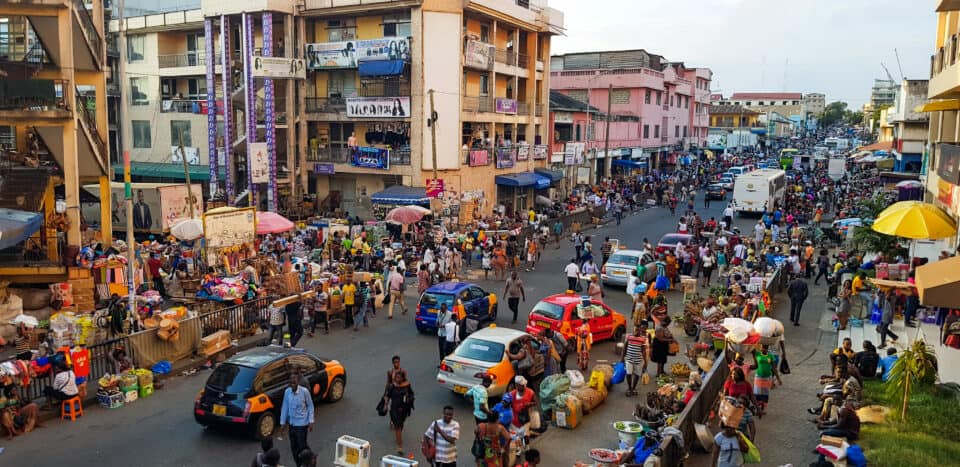The government had invited stakeholders to comment on the draft Framework, due to be finalised and released later in 2024, but many say they are left feeling unsatisfied with the consultation process so far.
Through its submission, the country’s Group of Eight universities took a swing at the proposed cap on international student enrolments, stating that the approach adopted in the Draft Framework “runs the risk of a string of unintended yet foreseeable consequences that could have a disastrous effect on both Australian society and our economy”.
The collective group of research-intensive universities also argued that there has been “effectively a breach of good faith in the consultation on the Draft Framework” since the government has already effectively endorsed the Draft Framework and has moved to the legislative implementation phase through the introduction of the ESOS Amendment Bill.
The group highlighted its shared aspiration with government to remove the “shonks and crooks” and “dodgy providers” that have plagued the international education sector in recent years – noting efforts to increase agent accountability, crack down on poaching, and get on board with the Genuine Student requirement for student visas.
However, the group worries the Draft Framework is set to “undermine the very part of the international education sector that demonstrably operates with quality and integrity” – referring to the country’s public institutions.
It highlighted concerns around the 2025 start date, financial damage being caused to the Australian economy, and that the Draft Framework is “founded on a false conflation of international students and Australia’s housing crisis”.
Go8 goes on to make a series of recommendations to government that would see:
- Public providers, universities and TAFE not subject to caps on international students as proposed in the Draft Framework and 2025 be used as a transition year for close consultation on international education.
- That Mission Based Compacts negotiations used to establish-evidence based and institutionally appropriate managed growth targets for international student enrolments at each Australian university, and these targets set 18 months in advance of the year in which they apply.
- The government work with the international education sector and the student accommodation sector to undertake a detailed audit of the current and future provision of purpose built student accommodation in Australia to inform an evidence-based consideration of international students and housing.
One Go8 university – the University of Melbourne – published its individual submission – reinforcing many of the same sentiments.
“These caps are penalising the sector for a temporary, larger-than-expected increase in student numbers due primarily to the pandemic lag effect,” said Michael Wesley, deputy vice-chancellor for global, culture and engagement at the University of Melbourne.
“Already, the number of international students granted visas to come to Australia has decreased dramatically, with student visa grants down 34% in March compared to the same time in 2023.
“We are urging the government to prioritise integrity measures in 2025, and use existing regulatory frameworks, focusing on bad actors within the higher education sector,” added Wesley.
“We also recommend implementation of any caps be deferred until 2026, to allow feasible implementation and an orderly transition to reduce the risks of a shock to the sector and the economy,” he continued.
We are urging the government to prioritise integrity measures in 2025
Michael Wesley, University of Melbourne
“We are alarmed this is before parliament and could be legislated without universities having been consulted.”
The Independent Tertiary Education Council Australia also responded, branding the consultation associated with the Draft Framework as “sub-optimal”.
“While we recognise the government’s intent to enhance the integrity and sustainability of Australia’s international education sector, several critical issues need addressing to better align the draft Strategic Framework with the realities and imperatives of high-performing quality businesses,” wrote ITECA chief executive Troy Williams in a letter addressed to Tony Cook, secretary of the department of education.
Williams took issue with education minister Jason Clare’s claims that the VET sector has been to blame for “a big jump” in international enrolments.
Williams outlined ITECA’s own recommendations which include that the government should support and expand Transnational Education delivery and also develop a “more collaborative approach with industry stakeholders, and explicitly with Jobs and Skills Australia”, among other actions.
“By addressing these issues, the draft Strategic Framework can better support the dual goals of maintaining high standards and fostering a vibrant, sustainable international education sector that continues to attract the best and brightest from around the world,” wrote Williams.









